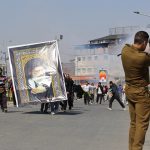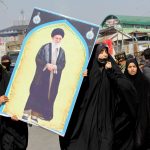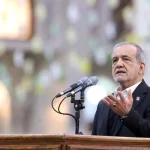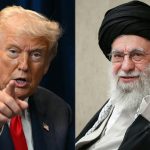Former Botswana President Ian Khama has publicly denounced the legitimacy of Tanzanian President Samia Suluhu Hassan, accusing her administration of electoral fraud and violent repression. His remarks, delivered during a public forum at Lukenya University in Kenya, have ignited sharp debate across East Africa about democratic governance and leadership accountability.
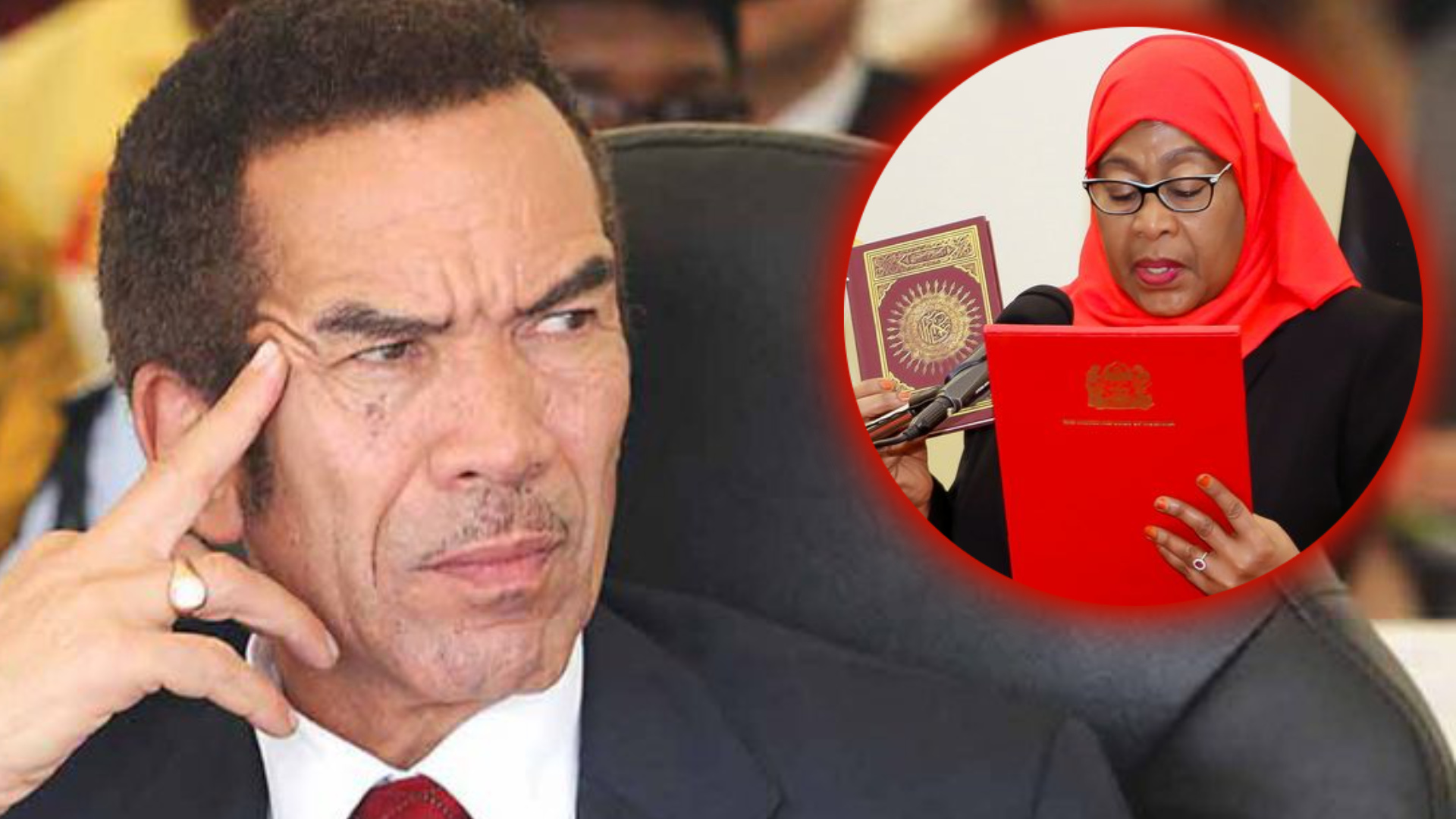
Khama, a vocal advocate for democratic values on the continent, did not mince words in his critique. “I for ones do not recognize the person who was inaugurated as the President of Tanzania. She is an illegitimate president,” he declared, referencing the October 29 election and the reported killings that surrounded it.
He continued, “The Africa we dream of—peaceful, prosperous and respected—will only emerge when our governance is guided by our values and not by our interests.”
Khama condemned leaders who cling to power through violence and manipulation, saying, “It is totally unacceptable when an African leader, in order to stay in power, will resort to killing his or her own people, will rig an election as if they are God’s gift to their country.”
Khama’s comments were part of a broader reflection on leadership failures across the continent. He criticized the notion that only one individual can lead a nation of millions, calling it “pathetic.”
While he acknowledged that his remarks might offend Tanzanians, he insisted that the issue deserved attention, especially given Tanzania’s proximity to Kenya, where the forum was held.
Khama’s intervention comes amid growing scrutiny of electoral processes in East Africa. President Samia Suluhu’s overwhelming victory—reportedly securing over 96% of the vote—has drawn skepticism from observers who question the fairness and transparency of the election. Critics point to restrictions on opposition parties, media censorship, and alleged violence against dissenters as signs of democratic backsliding.
While Khama no longer holds office, his voice carries weight in regional and international circles. His remarks have been widely shared on social media and picked up by civil society groups advocating for electoral reforms and human rights protections.
As East Africa grapples with questions of governance, legitimacy, and citizen rights, Khama’s bold stance adds pressure on regional leaders to uphold democratic principles. His speech serves as a reminder that leadership must be earned through trust, transparency, and respect for human life—not through fear and force.


